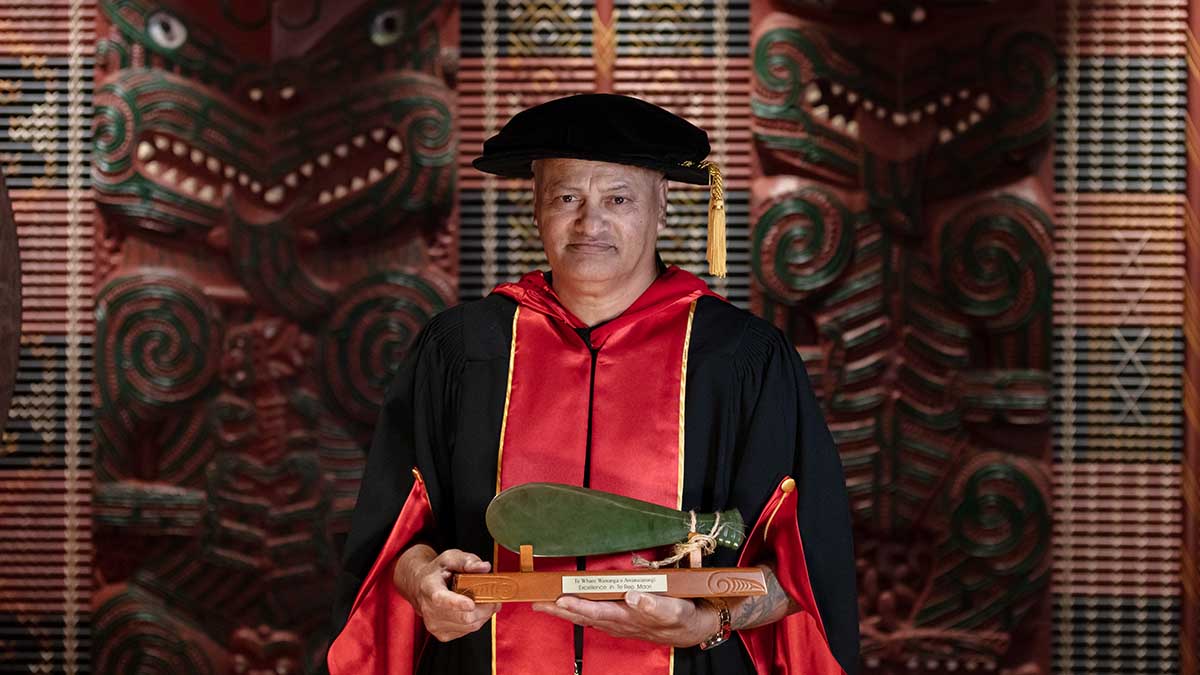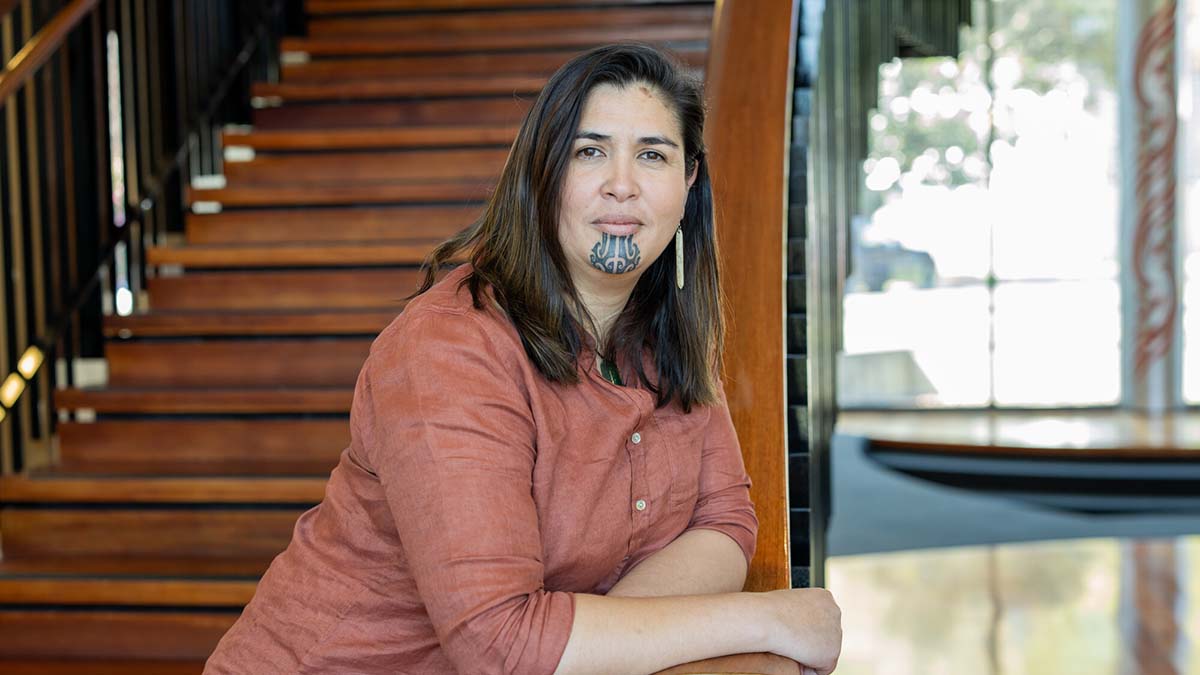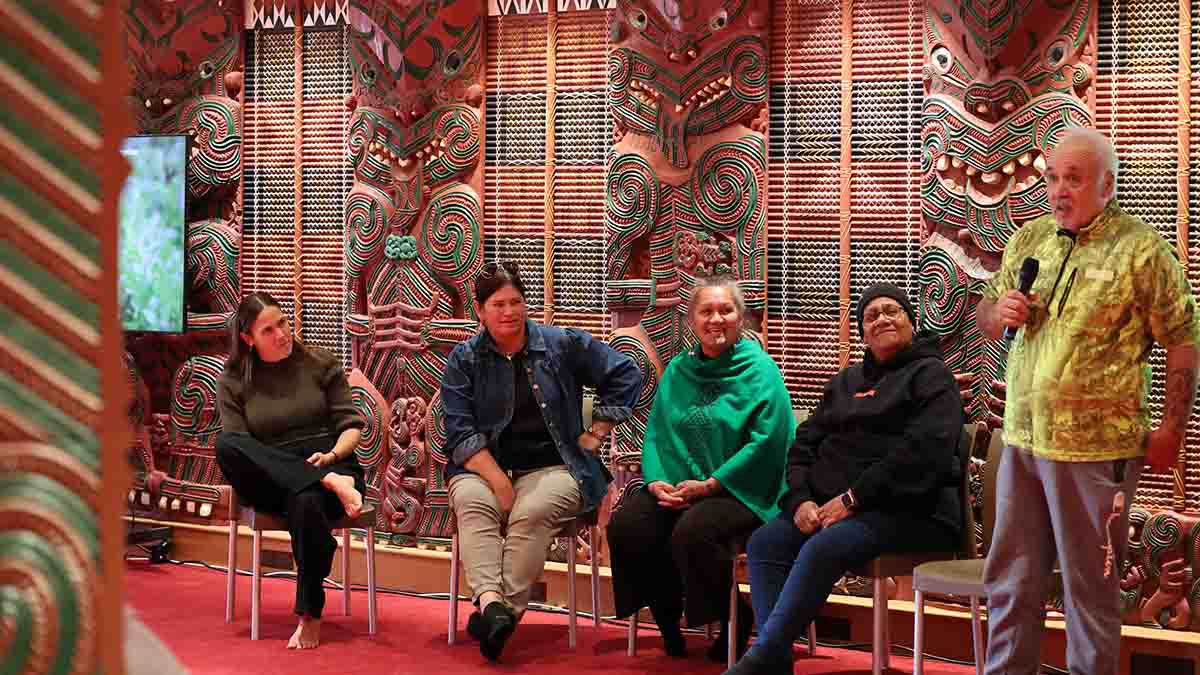Project aims to transform mental health support for rural rangatahi Māori
A new research initiative led by youth charity WĀHI with support from Te Whare Wānanga o Awanuiārangi (Awanuiārangi) will investigate how best to support the mental health and wellbeing of rangatahi Māori living in rural and remote communities.
The three-year project, funded through a major partnership with the Clare Foundation, will explore culturally grounded approaches to mental health promotion and education for Māori youth—a population group researchers say is critically under-served.
Professor Te Kani Kingi, Executive Director of Research and Innovation at Awanuiārangi and one of Aotearoa’s leading Māori health researchers, is supporting the research and says the project will address a number of long-standing gaps in national mental health research.
“There is a clear lack of data and understanding around the mental health experiences and needs of Māori youth in rural areas. This research will provide much-needed insight into how we can better support their wellbeing using Māori values and frameworks.”
The research will involve collaboration with local schools including Whakatāne High School, Te Kura o Te Whānau-a-Apanui, and Tarawera High School, and will explore how Māori philosophies and values can be used to shape mental health promotion and education initiatives that resonate with young people in rural settings. Additionally, longitudinal data from the Growing up in New Zealand Study will be used to provide epidemiological and mental health prevalence estimates for youth.
“This will be an incredibly complex component of the research programme but has the potential to transform our understanding of needs and potential solutions”, said Professor Kingi.
The project will be led by Luke Gray, founder of WĀHI and a trained occupational therapist, whose work in the Eastern Bay of Plenty has already reached thousands of rangatahi through the PETRA Programme, an activities-based mental health education initiative.
Gray says the research is deeply personal. “I’ve seen first-hand how the current system often fails our young people, especially in rural areas. This project is about changing that. It’s about prevention, resilience, and ensuring our rangatahi feel seen and supported.
“Our rangatahi deserve more than an ambulance-at-the-bottom-of-the-cliff approach. This research will help us build tools and resources that empower young people before they reach crisis point.”
The Clare Foundation, which has supported WĀHI since 2024, is providing a substantial multi-year grant to ensure the sustainability of the project and the PETRA Programme, which is expected to reach over 1,000 students this year.
"We are delighted to support this hugely important kaupapa”, said Alice Montague, CEO at Clare. “It’s a groundbreaking piece of research that has the potential to create transformative change across the motu for our communities.”
The research will be made widely available to ensure findings are accessible to communities, service providers, and policymakers nationwide.
“This is more than a research project,” said Professor Kingi. “It’s a movement to uplift and support rangatahi Māori and reshape how we think about mental health in rural Aotearoa.”
The project is expected to deliver new models for mental health support, strengthen collaboration between Māori service providers, contribute to more effective policy and strategy design, and provide formal training opportunities for both youth and adults in the community.
About Te Whare Wānanga o Awanuiārangi: This programme of research sits within Awanuiarangi’s mental health research platform, Te Aratiatia ki te Hauora, which is supported by Nōku te Ao.
About WĀHI Charitable Trust: WĀHI is dedicated to developing healthy, thriving, and resilient communities through preventative programmes that educate rangatahi about wellbeing. WĀHI, a Māori owned rangatahi led charity, was established in response to local concerns regarding the mental health and wellbeing of rangatahi within the Eastern Bay of Plenty. WĀHI has worked with local schools to design a small pilot programme for rangatahi called The Preventative Education and Training for Resilient Adolescents (PETRA). It is an activities-based, six-session programme that has shown great results since its establishment in 2022. It aims to raise awareness around mental health and develop resilience skills through a kaupapa Māori infused framework. In 2025, WĀHI aims to reach 1180 students across nine schools in the Eastern Bay of Plenty.
About the Clare Foundation: Clare is a progressive philanthropic foundation that wants more for our people and planet. Through a proactive approach, Clare invests in ways that positively impact our environment, oral health, youth wellbeing and women, to create extraordinary change. Launched in 2020, Clare was founded by social entrepreneur and investor Anna Margaret Clare Stuck, inspired by her children and creating a better future for them and generations to come.
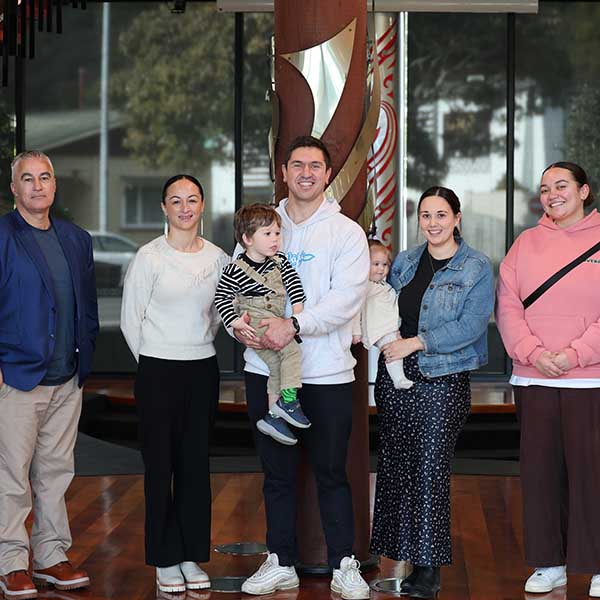
From left: Professor Te Kani Kingi, Stevie-Jean Gear from Clare Foundation, Luke Gray from WĀHI, Paige Gray, Researcher and Alysha Campbell from WĀHI
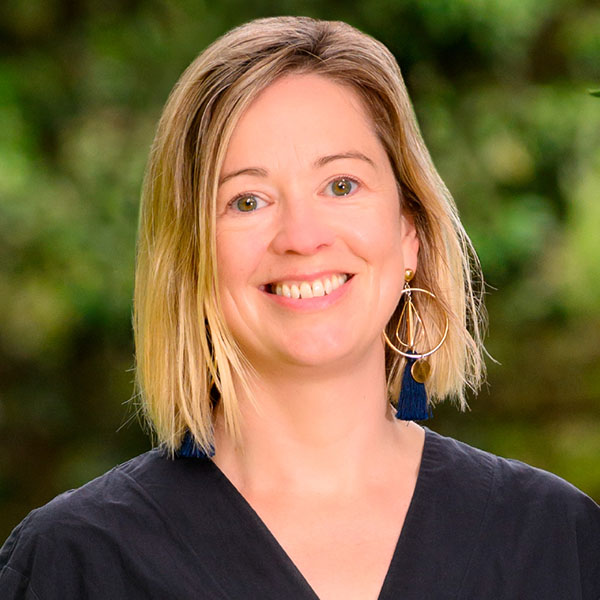
Alice Montague from the Clare Foundation
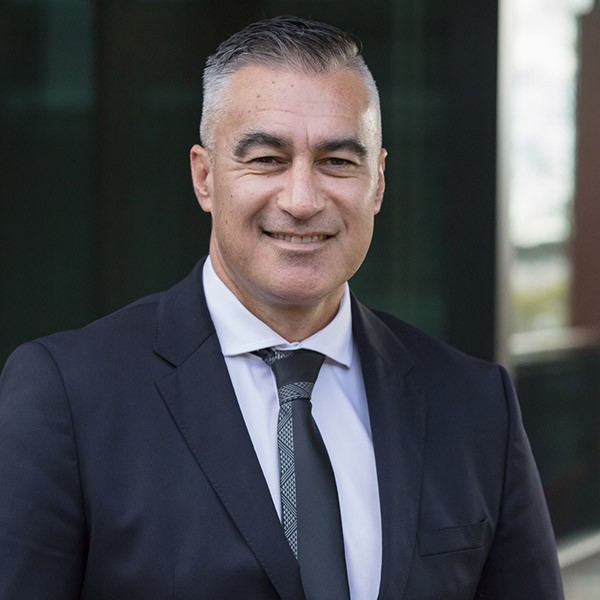
Professor Te Kani Kingi
Whakapā mai/Contact us
For more information, or to arrange interviews, please contact Jo Holmes.
